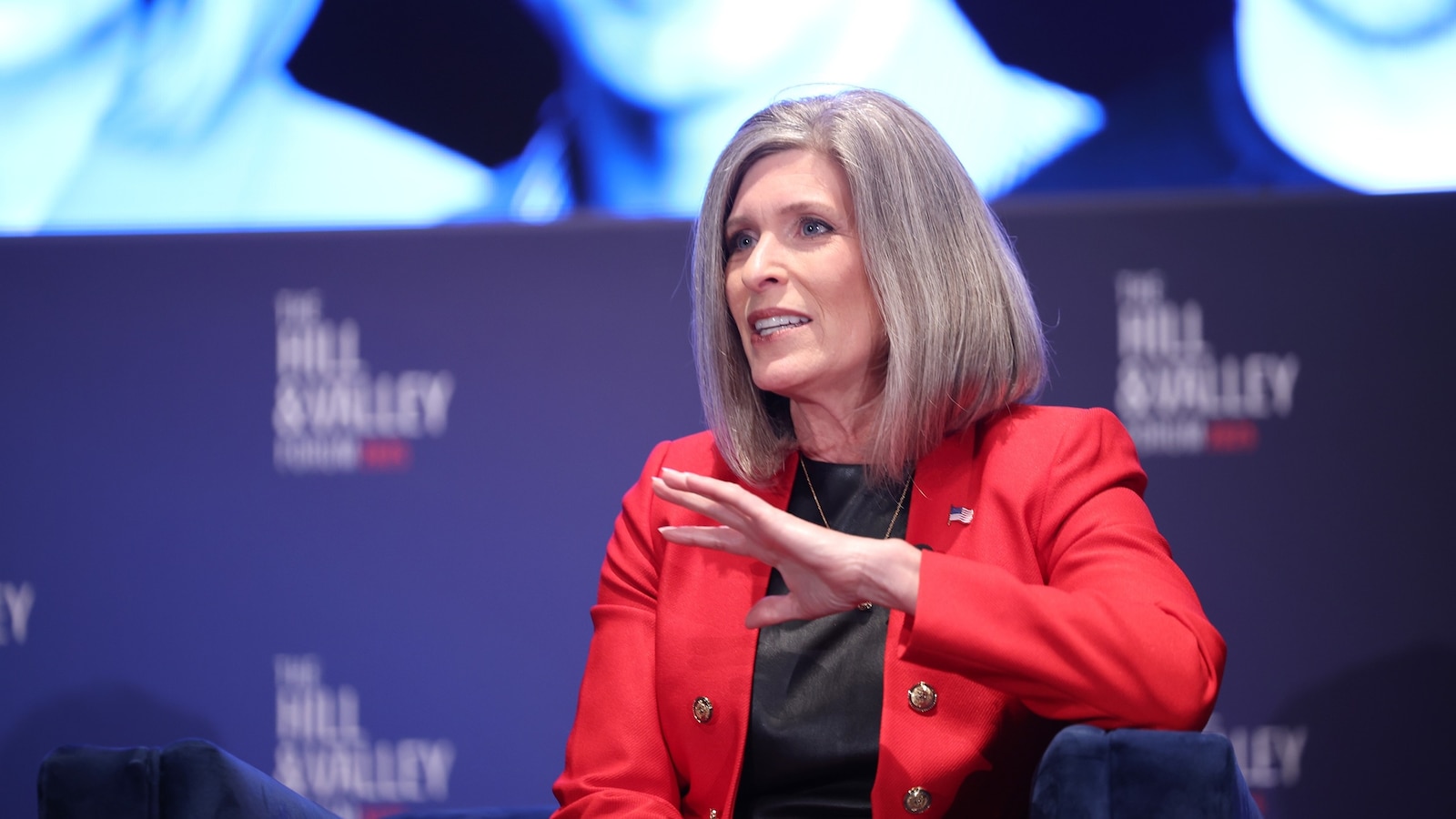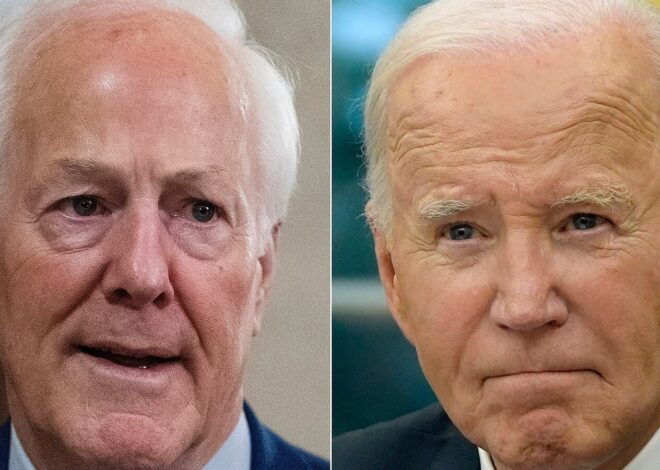
Sen. Ernst Justifies Trump’s Bill Despite Fears Over Medicaid Reductions: ‘Death is Inevitable’
Voices Clash at the Town Hall
Maybe this is how it always starts: a quiet headline that eventually echoes far beyond the confines of a single room. In a tense town hall meeting in Butler County, Iowa, Senator Joni Ernst found herself amidst a storm of discontent. With the nation’s gaze upon her, Ernst stood firm under a barrage of concerns about the proposed Medicaid cuts and broader legislative changes spearheaded by President Trump’s agenda.
Ernst, now accustomed to the chorus of disapproval that often accompanies controversial policies, faced the crowd with a combination of rhetoric and resolve. When pressed about the impact of the proposed cuts, she replied with stark candor: “Well, we all are going to die.” This response, maybe an attempt at levity or resignation, did little to soothe the frayed nerves of those gathered.
Concerns were abundant, particularly about the effects of Medicaid alterations on the most vulnerable. As Ernst explained her stance on adjusting eligibility criteria to preserve resources for those truly in need, an audience member shouted, “People are going to die.” Her response, echoing earlier sentiments, was met with boos. “Well, what you don’t want to do is listen to me when I say that we are going to focus on those who are most vulnerable,” she said, reiterating her commitment to protecting those who qualify for Medicaid.
The House’s passage of the “One Big Beautiful Bill Act,” with its sweeping reforms, including Medicaid, was a backdrop to the tense discussions. The House version aims to extend Trump’s 2017 tax cuts while reallocating spending towards border security and defense-a move Ernst seemed to endorse. Senate plans for modifications were mentioned, yet the specifics seemed less reassuring to those fearing for their healthcare.
The dialogue grew more charged when audience members, advocating for Medicaid’s beneficiaries, called for taxing the wealthiest rather than cutting social services. One constituent named Jen argued passionately, “They deserve Medicaid…the fact that you want to take that money and route it to people that make billions of dollars…” Her words resonated, eliciting cheers and underlining a palpable tension between fiscal policy and human impact.
Ernst attempted to assuage fears, insisting, “We are not going to cut those benefits for those children,” amidst a chorus of grumbles. Her defense of the federal government’s role-“right-sizing” and aligning with the country’s foundational intentions-was met with skepticism and accusations of chaos from the audience.
With the country shouldering a $36 trillion debt, Ernst posed a question that hung in the air, unanswered yet pressing: “When does it end?” In the clash of voices and the exchange of ideologies, perhaps the town hall reflected not just a political impasse but a deeper, national struggle to balance fiscal responsibility with social welfare. Amidst the noise, there’s a lingering question of whether any side truly listens-or if we’re all just waiting for the next headline to change the story once again.



